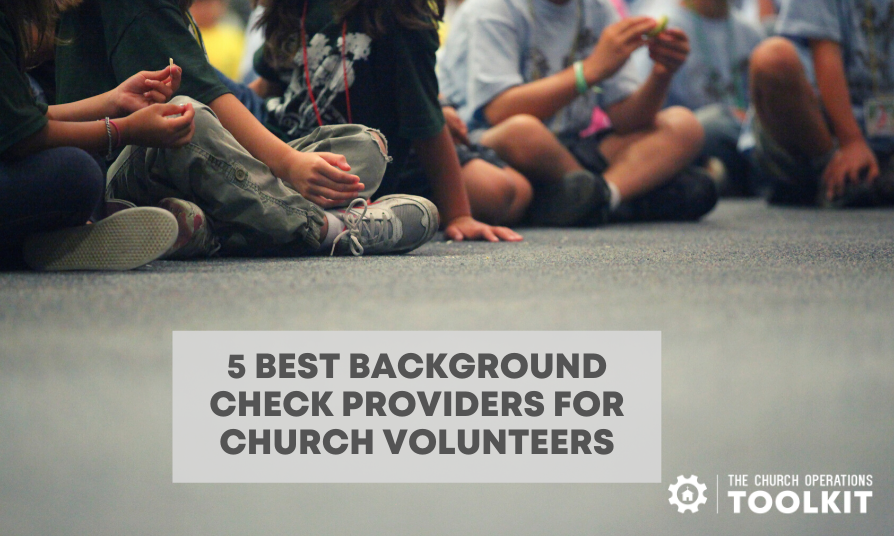Not all publicity is good publicity – contrary to the popular saying. If something your church does, or something a church leader says or posts becomes newsworthy, you could have a serious reputation and trust issue on your hands. With social media playing an ever-increasing role in the news cycle, bad news can travel faster than ever. TV news reporters could show up at your front door with cameras rolling, reporters calling your front desk where your receptionist is caught off-guard and ill-prepared, your very own hashtag on Twitter (this time trending wouldn’t be a good thing), and thousands of comments on your Facebook page or emails to your church – all within a matter of a few hours.
You may have to go into damage control mode fast. Even if the church didn’t do anything wrong, you’ll be tried in the court of public opinion quickly and must have a rational, calm, professional, and God-honoring response ready right away.
How to reduce the chances of a social media PR crisis:
#1 – Protect Church Social Media Accounts
Designate 2-3 carefully selected and trained people to have the login information to post from the church’s social media accounts. You need mature believers who are social-media savvy to handle this responsibility. In some churches, this role falls under a Media or Communications department. Coordinate communications efforts to keep messaging and tone consistent (as appropriate for each social media channel).
#2 – Establish a Clear Policy
Develop and document your church’s policy regarding what types of posts you want them to write and what’s not acceptable. Make sure they understand they’re speaking on behalf of the senior pastor, elders, board, and congregation whenever they post as your church. They need to feel the gravity of that responsibility yet still feel confident in using social media to share news about your church’s activities.
This policy should also include whether you’ll delete abusive or negative comments on your social media accounts from other people. Sometimes it makes sense to respond; other times it’s best to either ignore or delete. Do you want foul language or inappropriate pictures and comments deleted? Probably so.
#3 – Assign Media Contacts
Designate 1-2 people on staff to talk with the media on behalf of the church. You shouldn’t have an intern or new staff member giving an interview to the local news station. Since they are less experienced in their role, and most likely without any media training, it would be much easier for them to state something in a way that could be misinterpreted. We have to be “wise as serpents and gentle as doves” in these situations.
#4 – Develop Relationships with Local Media
Be proactive and develop relationships with your local news media. This isn’t about angling for favorable coverage; this is about being genuinely interested in serving your community and talking with local media about what they’re seeing and how your congregation could help. As local reporters get to know you, they’re more likely to come to you directly about anything they hear before running a story.
How to Handle a Public Relations Crisis
#1 – Develop a Plan Now
Don’t wait for a social media post that goes awry or an unflattering viral news story about the church (whether it’s accurate or not). Work with your church leadership team to develop a plan for how to respond to potential public relations issues.
Consider the following as you develop a plan:
- Who should respond to the media?
- Do you say “no comment” until you’ve had a chance to meet with the church leadership team?
- How quickly do you want to have a response ready?
- When is it appropriate to talk with your legal counsel before responding to the media?
- Think through these things before a crisis hits and communicate it with your team. That way, you’ll be equipped to avoid or quickly handle a crisis.
Social media can be an excellent ministry tool but it does require some expertise and finesse to use well. Planning how to use social media and how to respond should things go awry will help your team leverage this tool to reach your community.
By the way…this is an adapted excerpt from my book entitled, Protect the Vision: A Practical Guide to Church Risk Management. You can purchase the book here OR get a digital copy with your membership to The Church Operations Toolkit.



